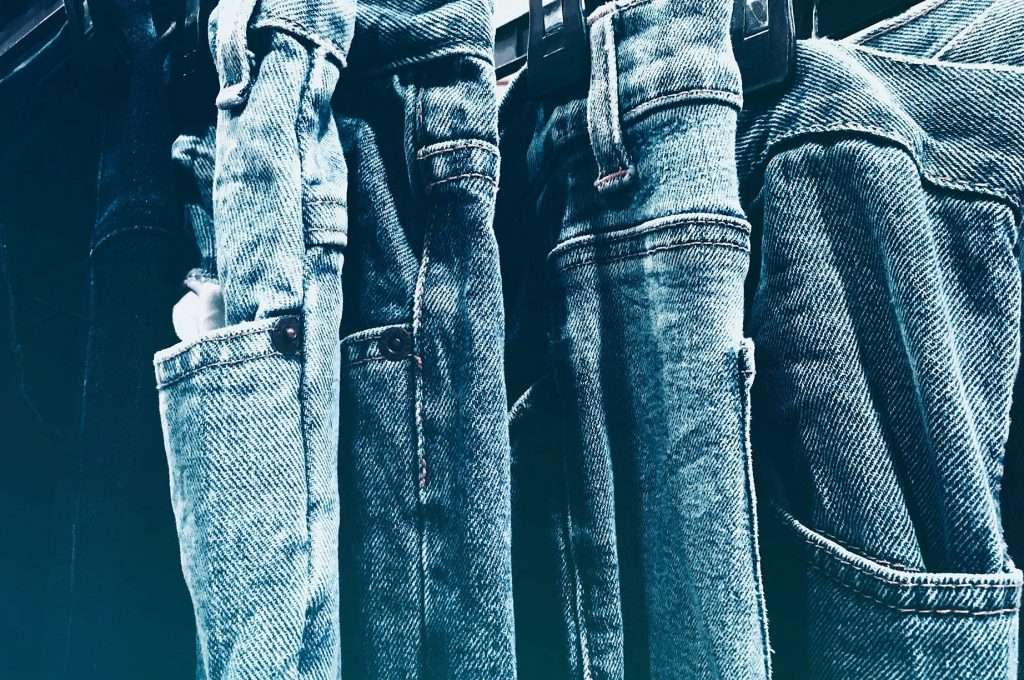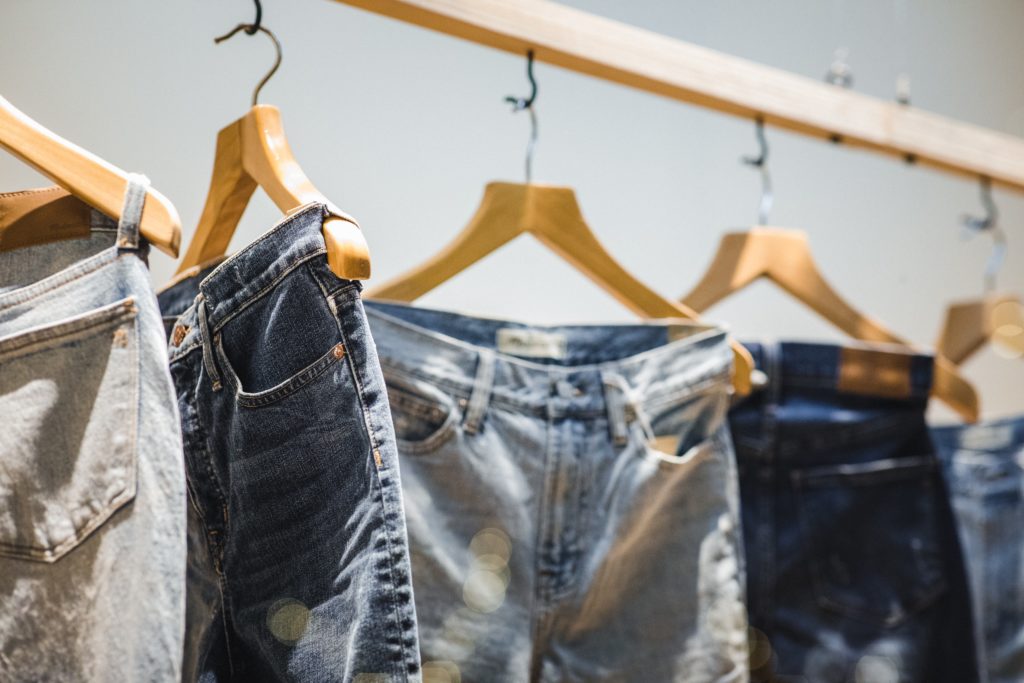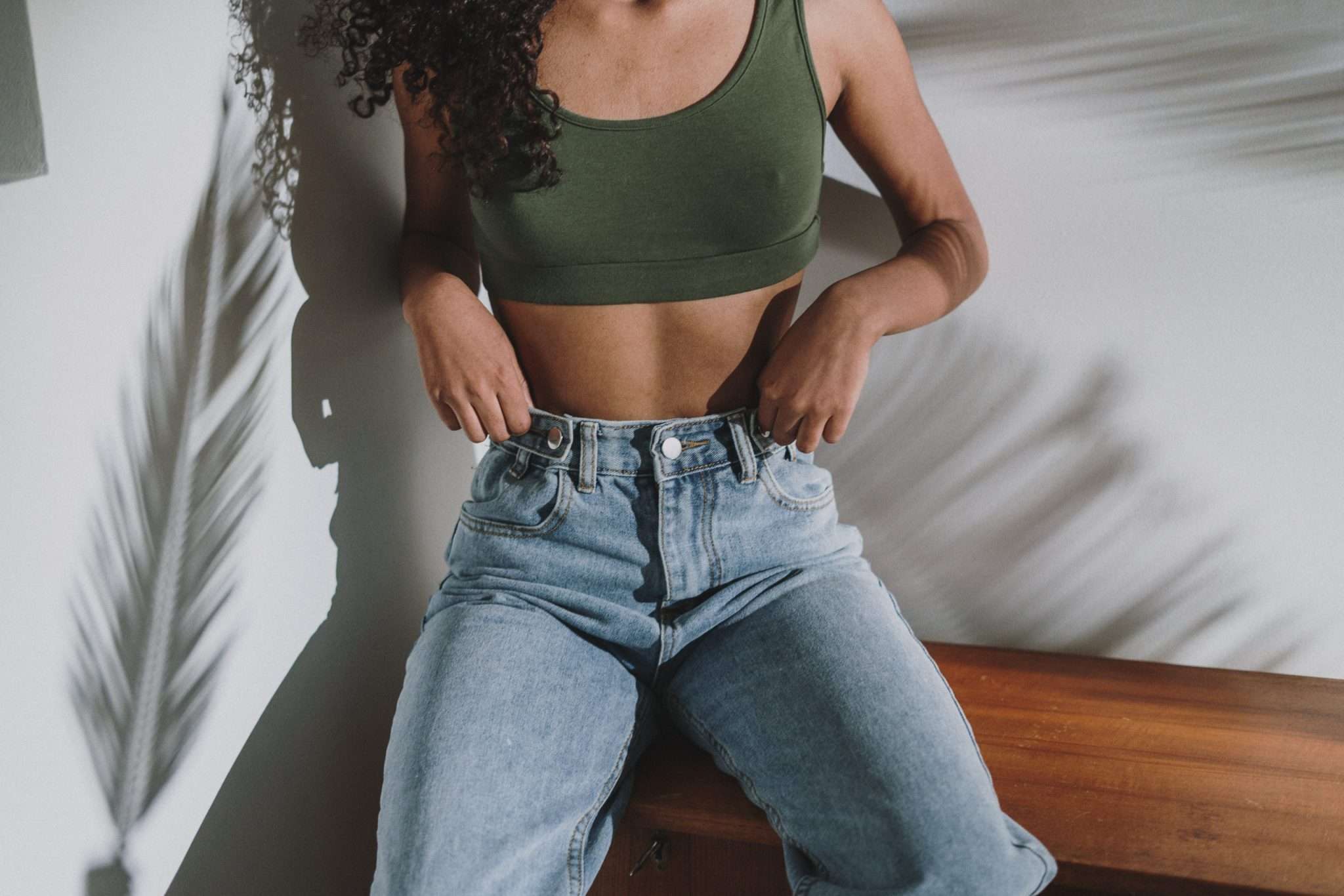Soorty is already a leader in sustainable demin. Now it thinks it can do more.
Soorty — Pakistan’s largest vertically integrated denim producer, and one of the world’s largest denim producers overall — has partnered with Green Story on a new Life Cycle Analysis (LCA).
According to Soorty, the analysis will help demonstrate the value of choosing sustainable denim both for the planet and the greater good of society. The new analysis builds on its 2019 LCA, which assessed its two best-selling items.

What Is a Life Cycle Analysis?
A life cycle analyis or assessment measures the environmental impact across all stages of a commercial product. Green Story says it brings “the highest possible accuracy and transparency” to its methodology. It looks at the carbon offsetting efforts as well as the impacts of production, creating a transparent window for consumers eager to support the most sustainable brands.
Some of the criteria LCA assessors look at include raw materials used in production — both where they’re sourced from and how they’re processed or used in the final product. They will also look at the quality of the soil and seeds as well as any type of agrochemicals used in the production.
LCA assessors may also look at the working conditions inside factories and facilities. An LCA assessment will also consider transport and fuel for raw materials and finished products.
The goal of an LCA is to not only collate data but also to help facilitate decisions. This means an end goal of making a product more sustainable is often the driver for the LCA.

Making Better Denim
For Soorty, this is a means to better systems and better products. With a commitment to using less in its processes, and working smarter, Soorty says every single production process was assessed in the LCA.
According to its 2019 LCA, the company’s “Green Kiss” jeans are equal to removing 15 kg of automobile emissions, save 259 days worth of drinking water, and conserve more than 1400 hours of bulb-based energy use.
“We are determined to keep our impact a positive one, and we continuously define ourselves opportunities to do social and environmental good with doing what we do – producing denim fabrics and garments people will feel and look good in,” Soorty said in a statement. “We use data-driven transparency as our guide.”
Soorty is the only brand to achieve the rare LEED Platinum and Cradle2Cradle Gold certification across its denim fabric mill and factory.
The company also launched The Prism Project, which works with hearing-impaired individuals in high-noise areas. It is also working to promote female empowerment through its SEWS program, aiming for a “paradigm shift” in women labor force participation.
Part of Soorty’s sustainability efforts center on SOCI (the Soorty Organic Cotton Initiative) and prioritizing an agricultural shift away from conventional cotton. Cotton is the most widely sprayed agricultural crop and has been linked to human health and climate issues. The program supports 1000 farmers, building capacity for organic cotton and enhancing livelihoods “through financial inclusion, women vocational training and access to clean water,” the company says.


